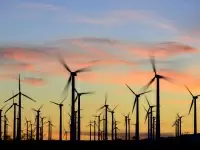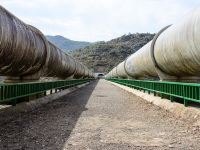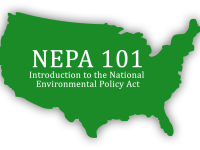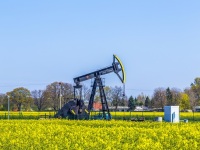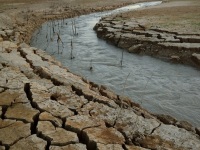Air quality affects health both indoors and outdoors. Americans spend about 90% of their time indoors, where air quality is largely unregulated despite risks from mold, radon, asbestos, and other pollutants. Outdoor air is regulated through the Clean Air Act, which monitors six criteria pollutants affecting over 75 million Americans in nonattainment areas. Both indoor…
Read more
Air Quality & Environmental Health: Indoor and Outdoor Impacts



